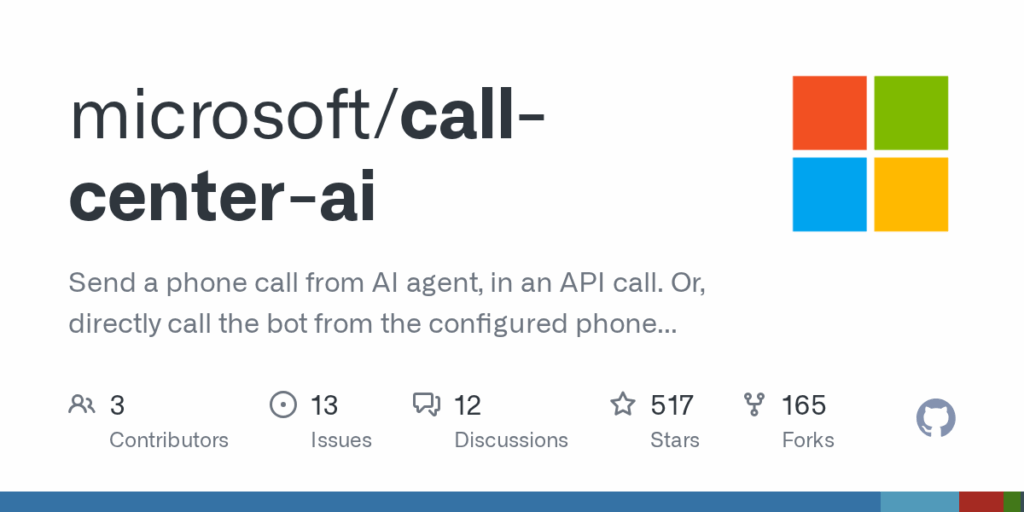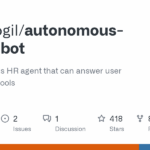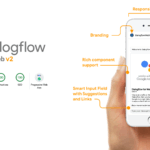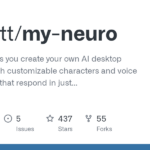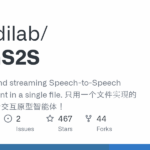call center ai
Basic Information
Call Center AI is an open source proof-of-concept that provides an AI-powered automated call center implemented on Azure and integrated with OpenAI GPT models. The repository enables sending outbound calls via an API and answering inbound calls on a configured phone number. It is designed for scenarios such as insurance, IT support and customer service and can collect structured claim data during conversations. The project includes deployment automation for Azure, a local development mode, and configuration templates for language, voice, claim schema and moderation. It demonstrates streaming voice interactions, conversation storage, retrieval-augmented generation, and basic operational telemetry. The README documents prerequisites, deployment steps, configuration options, and examples to run the service locally or in Azure using container images, Bicep, Makefiles and optional Twilio SMS integration.

